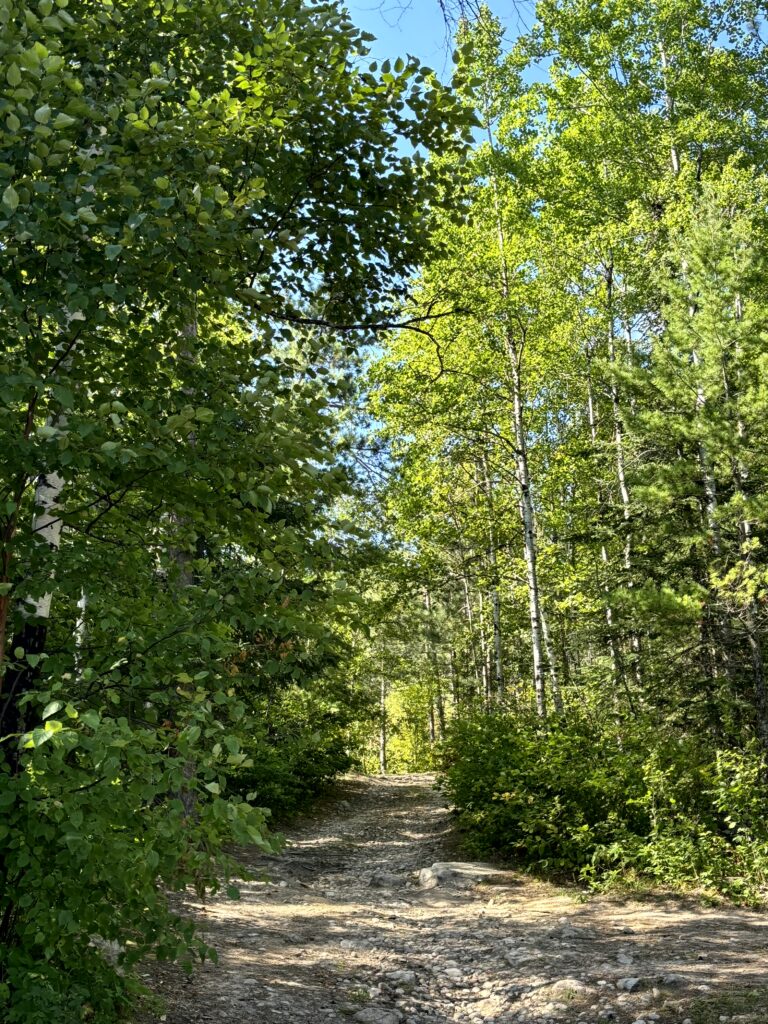Frequently Asked Questions (FAQ)
At Grassy Narrows First Nation, we prioritize the well-being of our children while preserving our cultural identity and traditions. Below are answers to common questions about our Child Care Law and the services available to support families. For more information, please contact us.
The Grassy Narrows Child Care Law is a legal framework developed by the Grassy Narrows First Nation to govern the care, protection, and well-being of our children. It emphasizes the preservation of our cultural identity, language, and traditional practices while ensuring the safety and rights of our children.
The law was created to assert Grassy Narrows’ inherent right to govern the welfare of our children and families. It recognizes the need to protect our children from the impacts of colonization, including the loss of culture and language, and to provide a framework that reflects our values and traditions.
The law is implemented by the Abinoojiish Weechiwaywin program, which is responsible for providing child and family services within Grassy Narrows. This includes working with Elders, community leaders, and families to ensure that services are delivered in a culturally appropriate manner.
Children have the right to:
Be raised within their family and community.
Maintain their cultural identity, language, and traditions.
Have a safe, secure, and nurturing environment.
Access education, health care, and other essential services.
Be involved in decisions that affect their lives.
The law provides resources and support services for parents and caregivers to help them care for their children. This includes access to traditional parenting programs, counseling, and assistance with meeting the physical, emotional, and spiritual needs of their children.
Customary Care is a traditional practice where children are cared for by extended family or community members in accordance with cultural practices and values. The law formalizes this practice, ensuring that it is recognized and supported within the legal framework.
If you need support or assistance, you can contact the Abinoojiish Weechiwaywin program. They offer a range of services, including counseling, parenting support, and crisis intervention, to help families and children in need.
Community consultations are an important part of the ongoing development and implementation of the Child Care Law. You can participate by attending community meetings, providing feedback, or contacting the Abinoojiish Weechiwaywin office for more information on upcoming sessions.
Elders play a crucial role in guiding the Child Care Law, ensuring that it reflects the values, traditions, and teachings of our community. They provide wisdom and direction, particularly in areas related to cultural continuity and the nurturing of our children.
The Child Care Law prioritizes keeping children within their families and community whenever possible. It provides for preventive services and supports to address issues before they lead to apprehension. In cases where removal is necessary, the law ensures that children remain connected to their cultural identity and family.
Detailed information about the services provided under the Child Care Law can be found on the Services & Programs page of this website. You can also contact the Abinoojiish Weechiwaywin office directly for personalized assistance.
If you have any further questions or need more information, please feel free to contact the Asubpeeschoseewagong Netum Anishinabek office. Our team is here to assist you and ensure that you have the support you need.

